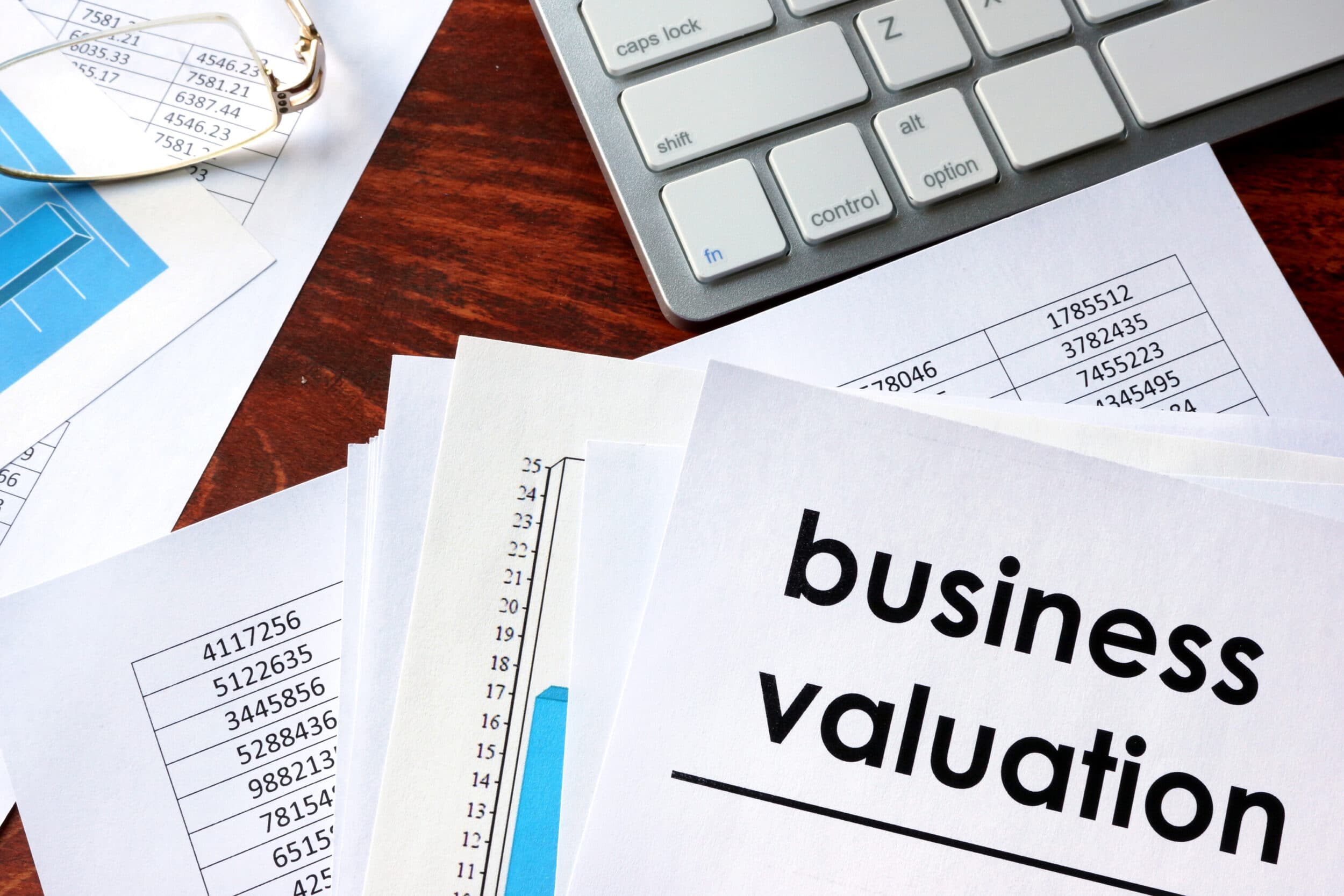What is your business really worth?
The process of how to properly place the best value on your business and determine what it could potentially sell for is a critically important skill for every business owner.
Business valuation is the process of determining the worth of your business. And as straightforward as that sounds, it is as much an art as it is a science.
It is where the number crunching financial analysis (science) is met by the rational assessment of the market climate as well as an educated guess about the value of intangible assets (art), which all too often gets overlooked or is under-valued.
Business valuation is all about estimating the price a potential buyer may be willing to pay for it, which may sound simple enough, but as always, the devil is in the details.
The three most common methods of properly valuing a business are: asset-based, market-based, and income-based.
Each has its advantages and disadvantages, which is why it makes sense to calculate your business valuation using more than one method.
Let’s take a look at each.
Asset-based valuation: This method is totally numbers-driven and focused on a balance sheet view of the business. This method aims to determine what it would cost to create a similar business from scratch, with similar income generating potential.
Asset-based valuations don’t always account for the true value of intangible assets. As a result, asset-based valuation often comes up with a value that is less than the true, fair-market value of your business.
Market-based method: This focuses on what your business is worth based on what other, similar businesses are worth, including the value of comparable businesses transactions.
The market-based approach to business valuation is a great way to determine the company’s value based on what buyers and sellers are willing to pay for the business.
Income-based method: This method arrives at a business valuation estimate by counting the cash flow that is likely to be produced by the business, discounted to a present value at an appropriate rate to account for risk.
The starting point for the income-based method is a concept called owner’s discretionary earnings (ODE), sometimes called seller’s discretionary earnings.
Owner’s Discretionary Earnings: Most small business owners classify expenses with an eye toward reducing their tax liability by claiming deductions aimed at lowering your income for tax purposes.
That’s why using the raw numbers from a business’ tax returns can provide a misleading picture of the true revenue and income generating potential of a business.
Expenses a buyer of your business would not incur are added back, including:
- Your personal salary, or total salary of all owners
- Any “perks” you receive (like travel or personal vehicle expenses)
- Non-cash expenses like depreciation and amortization charges
- Charitable donations
- Any personal and/or one-time expenses, that are unlikely to recur after the sale of the business to a new owner
Determining Your Business Multiplier: Typically, businesses sell for more than just a year’s worth of income-earning potential. Businesses usually sell for somewhere between two-to-four times their ODE. This is called the multiplier.
The biggest factors that determine the multiplier for your business includes the type of business, its location, market size, and, most important, the intangible assets contributed by you as the business owner.
The Value of Intangibles: Intangible assets are all the positive qualities that YOU bring to the table as the business founder and owner-operator.
A wealth of intangible assets can result in a higher multiplier when it comes to valuating or selling your business, while a lack of intangibles typically results in a lower multiple.
Here are some common examples of intangible assets that can add value to your business:
- Brand
- Reputation
- Independence
- Customer loyalty
- Trademarks
- Copyrights
- Patents
It’s not always easy to determine an exact number for the value added to your business from intangible assets like these, but it can make a very big difference to a potential sale price for your business.
Bottom line: A business valuation may be just one of the factors to consider in your succession planning. To help you make sense of both your personal and business succession plan, contact TSP Family Office today at (772) 257-7888 to learn how you can best position your legacy.

